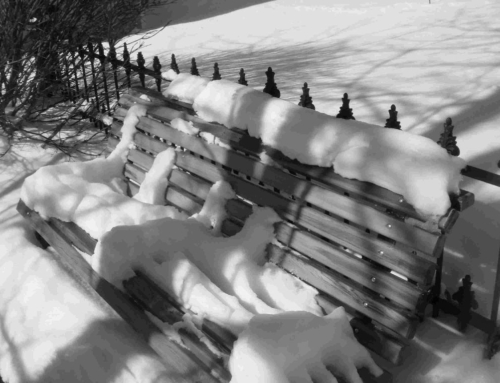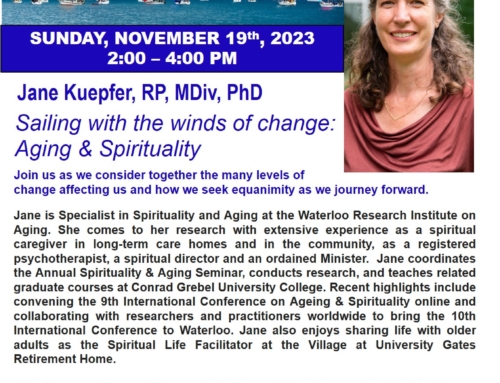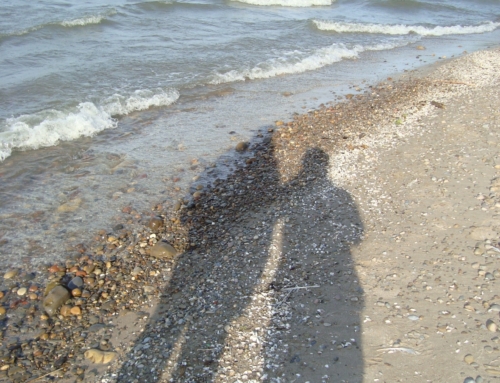Written By Loretta Jaunzarins
If there is one thing the current pandemic has taught us, it is the importance of being connected. We’ve known that we cannot live well if we are autonomous, independent or isolated. In recent years we’ve learned that the idea of “independent living” is a cultural myth. It doesn’t take much to realize that we are “inter-dependent” beings and the pandemic has hit this home.
If you believe that we are interdependent rather than independent, you probably have close relationships with family and friends. You probably already cherish these relationships. But maybe your busy life has caused these relationships to slide a bit and you’ve been thinking that perhaps it’s time to get back on track. If that’s the situation you find yourself in, this blog post is for you! And me!
As we enter our 60s and especially our 70s, family members, friends and even ourselves, start to have health and mobility challenges or begin to pass on. As we retire or sell our homes and relocate, our pool of friends can dwindle. We no longer go to work and have a social life there. Many of us become the sandwich generation — caring for elderly parents, as well as young adult children or even grandchildren. Our busy family schedules can mean a loss of connection with former friends, colleagues or social networks. Sometimes we don’t see the changes happening in our lives until it seems that the floor is collapsing beneath us.
Part of a healthy aging process is not only to recognize and acknowledge these changes when they occur and the impact they are having on our lives, but also to actually anticipate them. Anticipating changes as we age is part of living intentionally and mindfully.
The Importance of Friendships
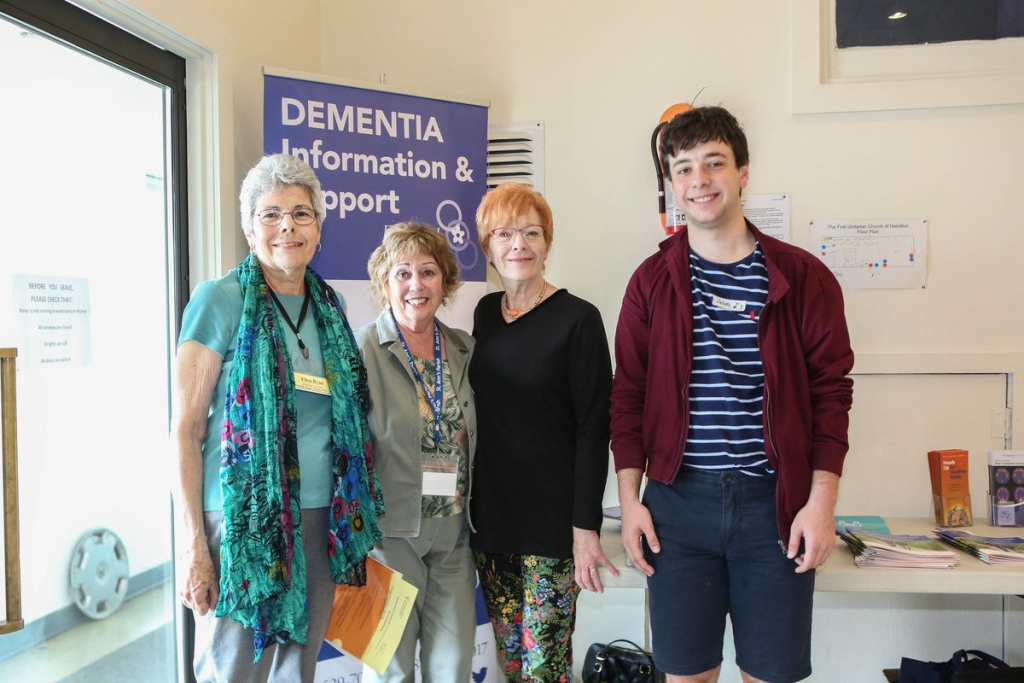
Friendships keep us connected by providing us with companionship, support, encouragement, boosting our happiness and sense of purpose. Friendships help prevent isolation, falling into unhealthy lifestyle habits such as lack of exercise and addictions, and can reduce other health issues.
Maintaining and nurturing friendships will take effort and being intentional. Remember that friendships are a two-way street. We need to be available, kind, a good listener, supportive and patient with our friends just as we want our friends to be this way with us.
How to Make New Friends
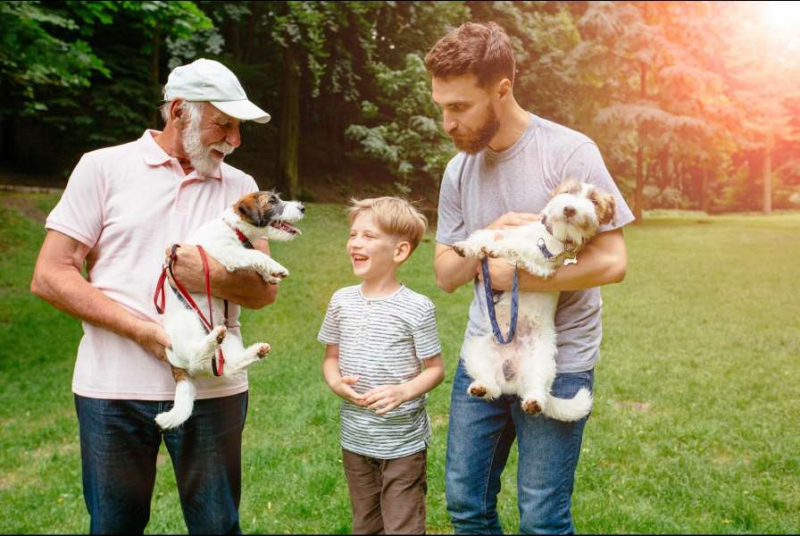
A move or other transition can give us the opportunity to make new friends. I remember the saying at Girl Guides to “Make new friends but keep the old. Those are silver, these are gold.” While quality is more important than quantity, as we age, we can fall into the trap of not trying something new including friendships. New friends can be found by attending community events, a place of worship, clubs and organizations, meeting neighbours, volunteering, going for walks and accepting an invitation.
I’m reminded of an 86-year-old friend of mine who lives in a small senior complex. This group of about eighteen is very intentional about getting together and checking in with each other every day. When someone new moves in, the ‘welcoming committee’ is right there to introduce themselves with baking and an invitation to the next get-together on the patio. We may not be the type who likes to organize get-togethers and events, but it doesn’t prevent us from accepting an invitation to attend a social.
Friendships are more important than ever especially if you find yourself living at a distance from your adult children and their families or from other family members. In fact, recent studies show that friendships are just as important to our psychological well-being as family ties. Actually, there is nothing like having a good laugh with a good friend.
It’s never too late and we’re never too old to make a new friend, reconnect with an old friend or to keep nurturing current relationships. The effort is definitely worth the while for ourselves and those we reach out to. We’re all in this together and we’re all, as Canadian writer Ralph Benmergui says just ‘walking each other home’.
Speaking of ‘walking each other home’, I recommend reading Ralph Benmergui’s book, “I Thought He was Dead” which is all about aging and friendships/relationships. Here’s the link to the interview with Shelagh Rogers on January 22, 2022:
www.cbc.ca/listen/live-radio/1-67-the-next-chapter
Resources on Friendship in Later Life

Loneliness Can Be Deadly for Elders; Friends Are the Antidote
https://www.nytimes.com/2016/12/30/health/loneliness-elderly.html
Coping With the Death of Old Friends and Siblings
https://www.nextavenue.org/death-old-friends-siblings/
How to find friends and fight loneliness after 60
https://sixtyandme.com/how-to-find-friends-and-fight-loneliness-after-60/
10 Tips for Making Friends at Any Age
https://www.healthline.com/health/how-to-make-friends-at-any-age


